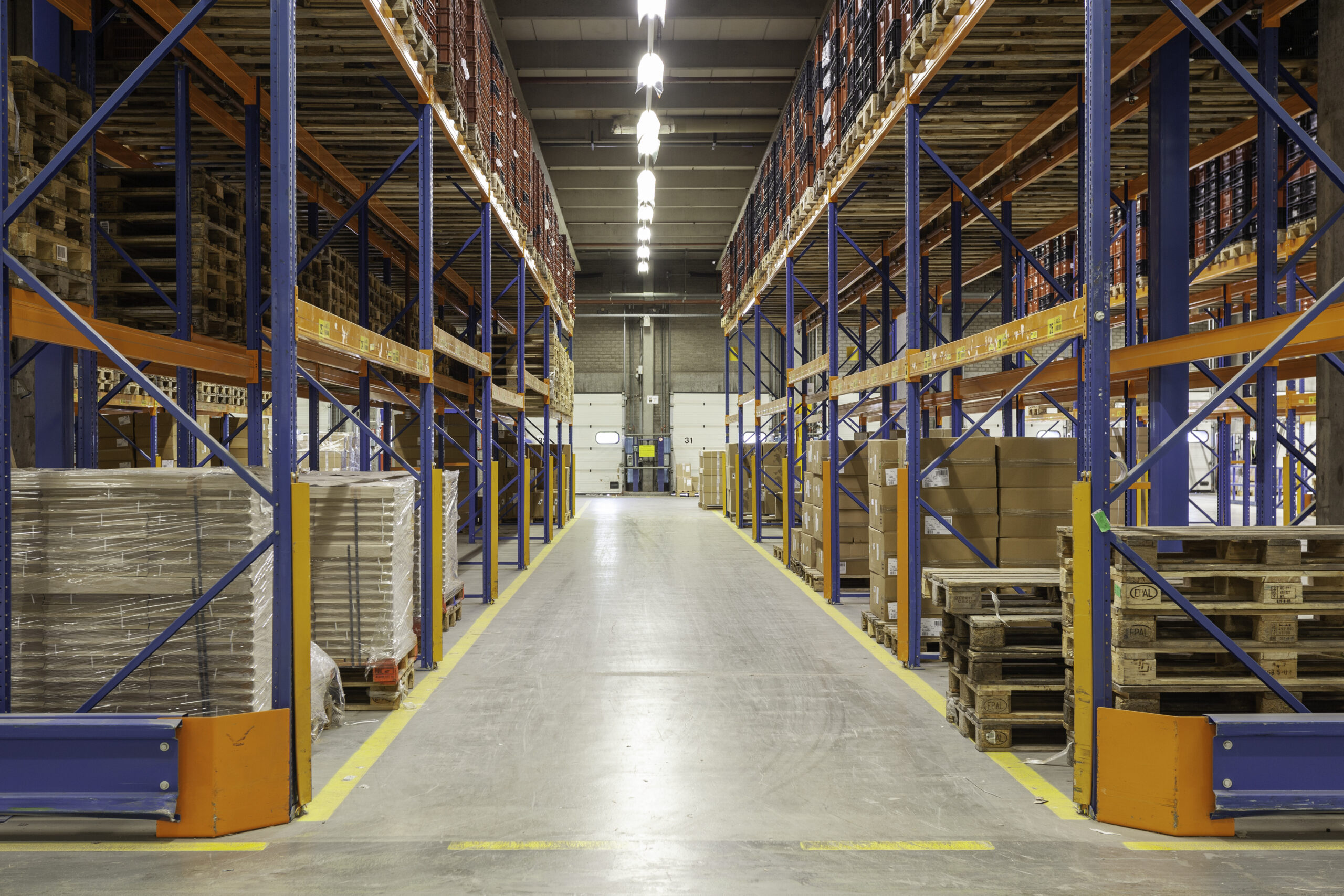The Challenge for E-Commerce Today
In order to thrive in the world of e-commerce today, companies have to find new ways to meet soaring customer expectations. Online retailers face an array of challenges each requiring meticulous planning, from managing inventory and order processing to handling shipping and returns. As e-commerce companies scale, these challenges can become roadblocks to growth and can affect customer satisfaction.
The Importance of Fulfillment in E-Commerce
In the evolving landscape of e-commerce, the importance of fulfillment cannot be overstated. Essentially, fulfillment is the process of managing and completing customer orders, from the moment the product is ordered to its final delivery. More than just delivering products, fulfillment forms the foundation upon which customer satisfaction is built. A streamlined fulfillment operation can build trust and loyalty from customers by showcasing a company’s reliability, thereby setting a business apart from competitors.
Enter 3rd Party Logistics Companies
This is where 3rd party logistics companies step in as invaluable partners for e-commerce businesses. 3rd party logistics companies are specialists in managing and optimizing supply chain processes and providing a successful fulfillment operation. They offer a range of services that can be tailored to meet the unique needs of each e-commerce operation, effectively addressing weak points in the process and promoting efficiency. Below are six benefits to embracing 3rd party logistics companies as a means of enhancing e-commerce efficiency.
- Cost efficiency
One of the biggest benefits of working with 3rd party logistics companies is the potential for cost savings; with faster order-processing times comes higher sales and profits. 2 key areas where 3rd party logistics companies can save money are:
A) Reduce Infrastructure and Equipment Costs: Working with 3rd party logistic companies gives businesses access to their existing infrastructure and equipment, diminishing the need for a business’ own warehouse or similar fulfillment investment.
B) Reduce Labor Costs: By outsourcing logistics to specialist companies, businesses can not only save money on recruitment, training, and managing a workforce but also have access to a specialist workforce with knowledge of the logistics sector. - Cost sharing benefits
By working with 3rd party logistic companies, businesses stand to benefit from shared resources such as warehouse space, labor, and transport networks. This can save money and reduce waste while improving the speed of delivery by opening up new delivery networks. Access to these high-quality resources and infrastructure is often financially prohibitive on an individual basis for businesses but the collaborative nature of 3rd party logistics companies fosters a win-win scenario, where businesses can enhance their operational efficiency while reducing overall logistics costs. - Scalability and Flexibility
E-commerce businesses often experience fluctuating demand, especially during peak seasons or promotional events. 3rd party logistics companies offer scalability and flexibility to adapt to these changes. Whether a business is experiencing a sudden surge in orders or a temporary slowdown, a 3rd party logistics company can adjust resources accordingly, ensuring that the supply chain remains responsive to market dynamics. The network of warehouses and logistics also allows access to new markets as a business expands into different territories.
- Expertise in Logistics Management
3rd party logistics companies bring a wealth of expertise in logistics and supply chain management. They understand the intricacies of warehousing, inventory management, and order fulfillment, allowing e-commerce businesses to leverage their knowledge. By outsourcing fulfillment to logistics experts, companies can focus on other essential aspects of business, such as marketing and product development.
- Global Reach
For e-commerce businesses with international ambitions, navigating the complexities of global logistics can be daunting. 3rd party logistics companies, with their established networks and international expertise, facilitate seamless international operations, for example, they can handle customs clearance, navigate international shipping regulations, and optimize transportation routes. Businesses can therefore expand their reach and quickly gain access to a broader range of customers in different regions without the headache of new logistical challenges.
- Streamlined Technology Integration
Keeping up to date with the latest technological advancements is crucial for staying competitive in the e-commerce landscape. Many 3rd party logistics companies invest heavily in state-of-the-art technology to enhance their operations. By partnering with a logistics company, e-commerce businesses gain access to cutting-edge systems for order tracking, monitoring, inventory management, and real-time analytics. This integration of advanced technology not only improves efficiency but also provides businesses with valuable insights to make data-driven decisions. Many 3rd party logistics companies are increasingly embracing automation technologies, such as robotic process automation (RPA) and warehouse management systems (WMS) that streamline processes to reduce errors and ensure prompt order fulfillment.
Finding the Right 3rd Party Logistics Company
While the benefits of partnering with 3rd party logistics companies are clear, selecting the right partner is crucial for long-term success. E-commerce businesses should consider the following factors when evaluating potential logistics providers:
- Technology Capabilities
Businesses must ensure that the 3rd party logistics companies’ technology infrastructure aligns with their business needs. A robust and integrated system can significantly contribute to the efficiency of supply chain operations. State-of-the-art technologies today include inventory management systems (IMS), automated fulfillment systems, and the previously mentioned RPA and WMS systems. - Transparency and Communication
Businesses should choose a 3rd party logistic company that provides clear reporting, real-time tracking, and open lines of communication to address any issues promptly. Effective communication is essential to streamline a fulfillment process and realize shared goals. - Global Network
If a business has plans to expand into different areas or countries, it’s crucial to partner with a 3rd party logistics company with a well-established global network. This ensures compliance with international shipping regulations, amongst other cross-border logistics.
Conclusion
In the constantly changing world of e-commerce, standing out from the competition requires a strategic and informed approach to logistics management. 3rd party logistics companies can support e-commerce businesses by providing specialized expertise, cost-effective solutions, and the ability to scale a business. By outsourcing logistics functions to reliable 3rd party logistics companies, businesses can improve customer experience, benefit from shared resources, and focus on other essential aspects of running a business. As the e-commerce industry continues to thrive, the role of 3rd party logistics companies will undoubtedly become even more critical in shaping the success of online retailers worldwide.



